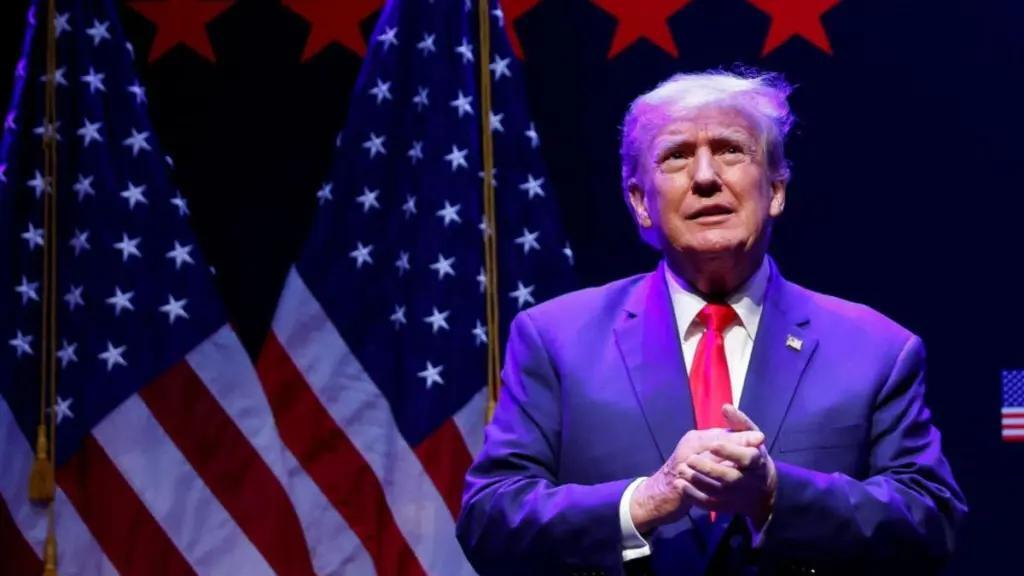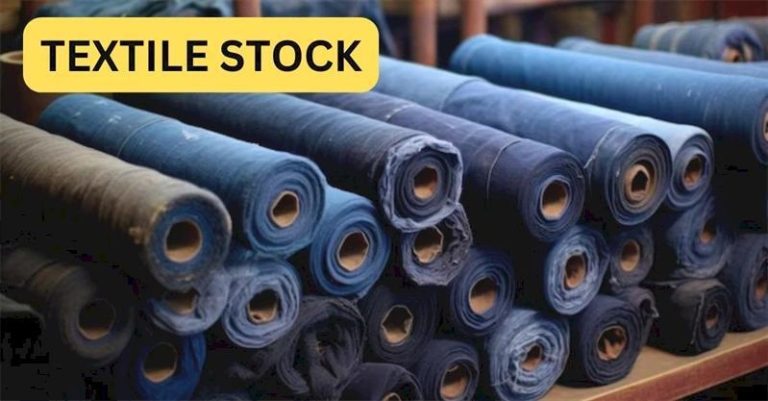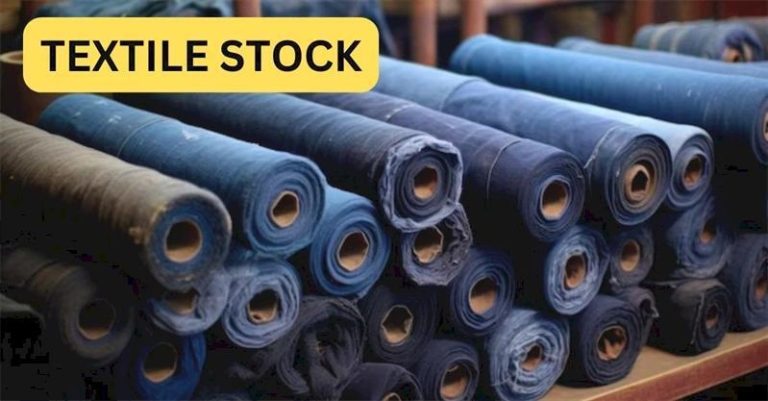
Donald Trump Exempts Smartphones & Computers from Reciprocal Tariffs
In a move that has sent shockwaves through the tech industry, United States President Donald Trump has announced that smartphones, computers, and other electronic items will be exempt from the reciprocal tariffs imposed on Chinese goods. The decision comes as a relief to tech giants like Apple, who had expressed concerns that the tariffs could lead to a significant increase in gadget prices.
As per a Customs and Border Patrol notice, the exemption will apply to a range of electronic items, including smartphones, laptops, tablets, and other devices. This means that these products, which are manufactured primarily in China, will not be subject to the 25% tariffs imposed by the US on Chinese goods worth $200 billion.
The decision is seen as a significant victory for the tech industry, which had been vocal about the potential impact of the tariffs on consumers. Many of the world’s most popular tech brands, including Apple, Samsung, and HP, rely heavily on Chinese manufacturing facilities to produce their products.
The tariffs, which were imposed by the US in response to what it claims are unfair trade practices by China, had been expected to increase the cost of production for many tech companies. This, in turn, could have led to higher prices for consumers, potentially impacting the demand for these products.
The exemption is seen as a significant departure from Trump’s earlier stance on trade with China. In May, the US president imposed a 25% tariff on $200 billion worth of Chinese goods, citing concerns about intellectual property theft and forced technology transfer. The move was widely seen as a major escalation of the trade tensions between the two countries.
However, in recent weeks, there have been signs of a thaw in the trade tensions between the US and China. In October, the two countries agreed to a 90-day ceasefire in the trade war, with China agreeing to increase its purchases of US agricultural products and the US delaying the imposition of new tariffs.
The exemption of smartphones and computers from the reciprocal tariffs is seen as a key part of this ceasefire agreement. It is likely that the move will help to reduce tensions between the two countries and create a more favorable environment for trade.
However, the decision has also been criticized by some who argue that it is unfair to exempt certain products from the tariffs while others are still subject to them. The US Chamber of Commerce, which has been vocal about the need for a comprehensive trade agreement with China, has expressed concerns that the exemption could create an unequal playing field for businesses.
The exemption will come into effect on December 18, according to the Customs and Border Patrol notice. It remains to be seen how the move will impact the tech industry and the broader economy, but it is clear that it is a significant development in the ongoing trade tensions between the US and China.






